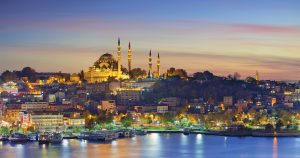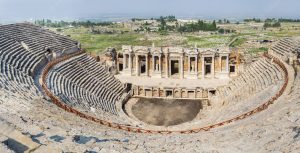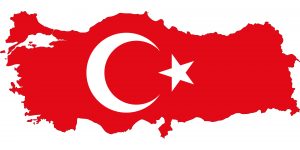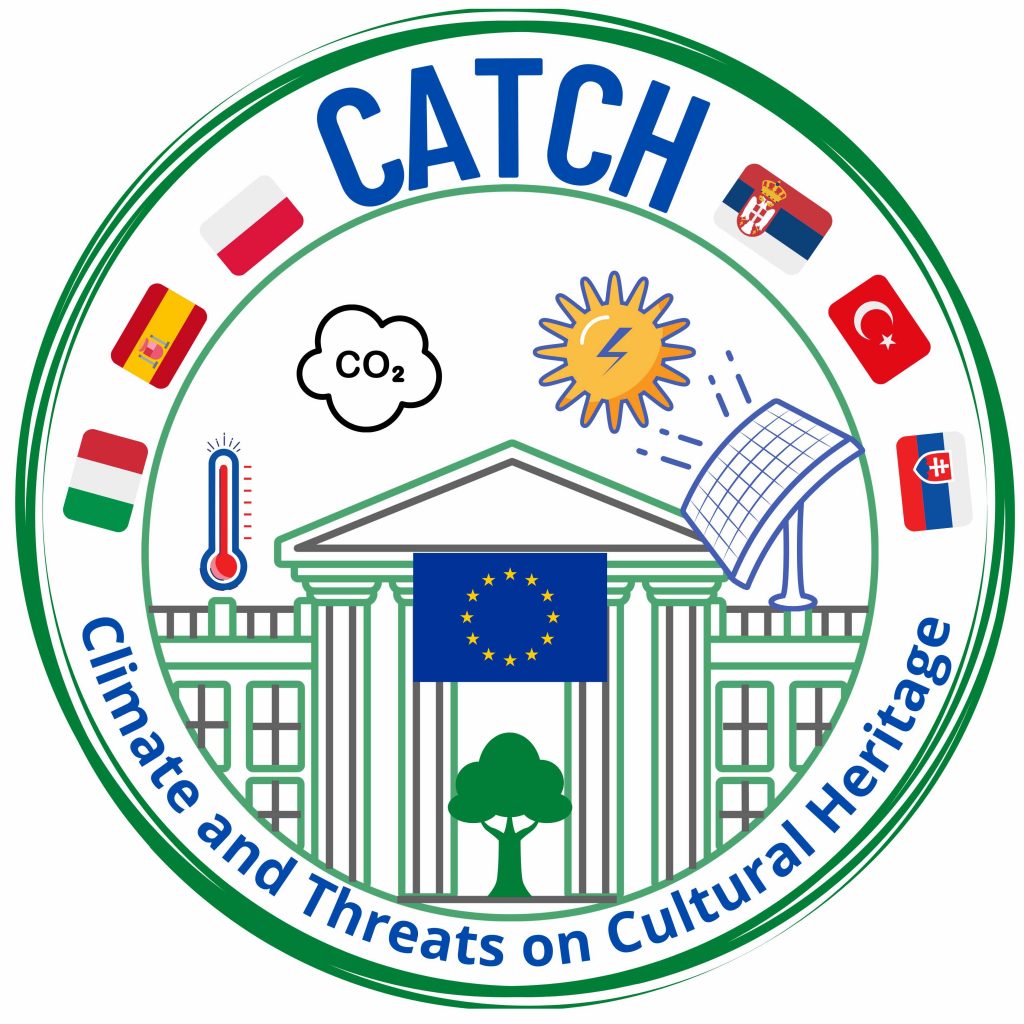Türkiye
Türkiye is a transcontinental country located in Southeastern Europe and Southwestern Asia bordering the Black Sea. Neighbouring countries include Armenia, Azerbaijan, Bulgaria, Georgia, Greece, Iran, Iraq, and Syria. Türkiye has a strategic location controlling the Turkish Straits that link the Black and Aegean Seas. The geography of Türkiye consists of narrow coastal plains in the west that become increasingly rugged as they progress eastward. The government system is a republican parliamentary democracy; the chief of state is the president, and the head of government is the prime minister. Türkiye has a mixed economy in which there is a growing private sector combined with centralised economic planning and government regulation.
The Anatolian peninsula is often called “the cradle of civilization,” as it has been home to a wide variety of tribes and nations of people since at least 10,000 B.C. On the site of Göbekli Tepe, there is the oldest known man-made structure, the collection of the oldest known megaliths in the world, dating back to around 10,000 B.C.
The Republic of Türkiye was founded in 1923 by Mustafa Kemal Ataturk. The new republic was based on a secular democratic, pluralist, and parliamentary system. In 1945 Turkey joined the UN and became a member of NATO in 1952.
In recent years, Türkiye has become a major tourist destination in Europe. Türkiye is a resting location for birds on their migratory journey between their summer and winter homes. They flock to Kus Golu, or Bird Lake in a protected national forest that is surrounded by reed marshes. The first national park in Turkey opened in 1958.
Turkey is also known for an abundance and diversity of handicrafts, cuisine, music, customs and traditions due to its rich flora, fauna and regional differentiation as well as its imperial legacy.







